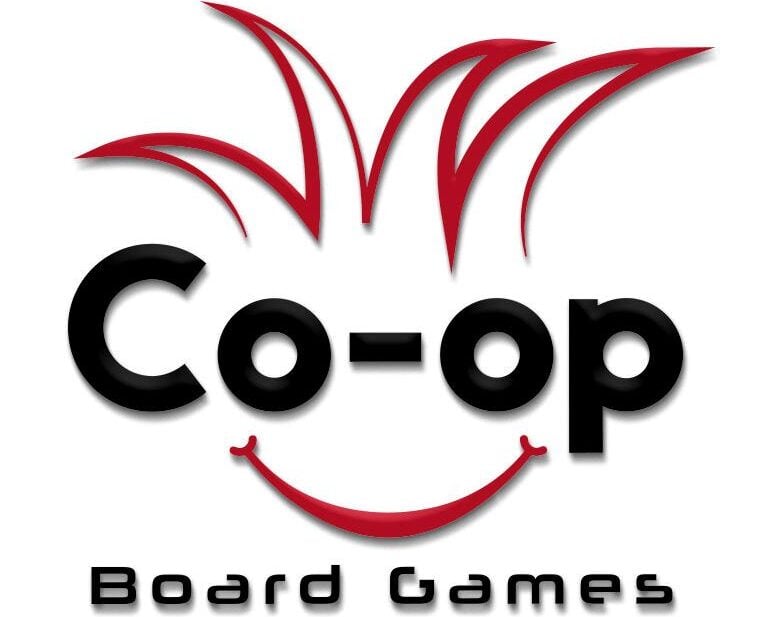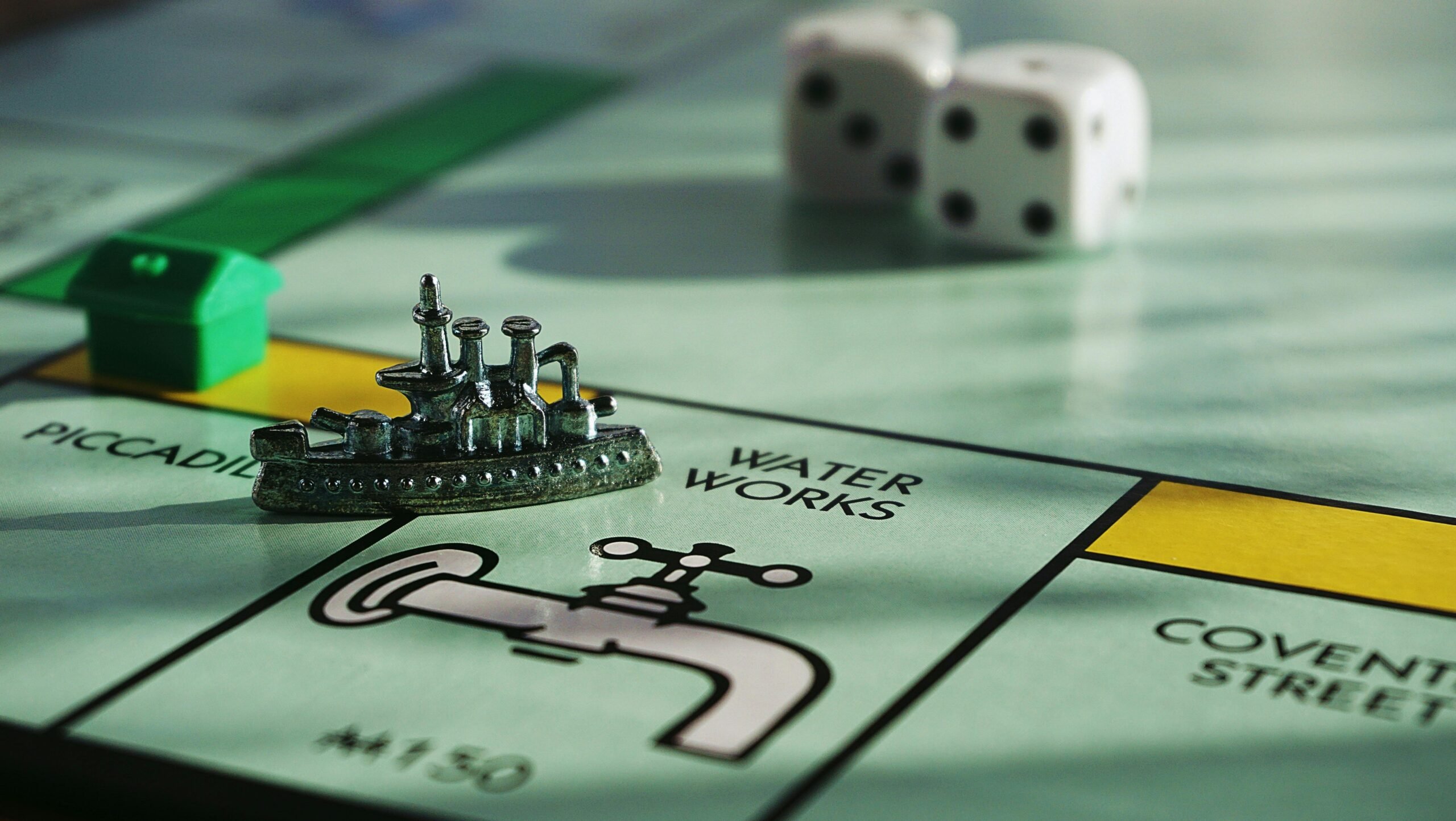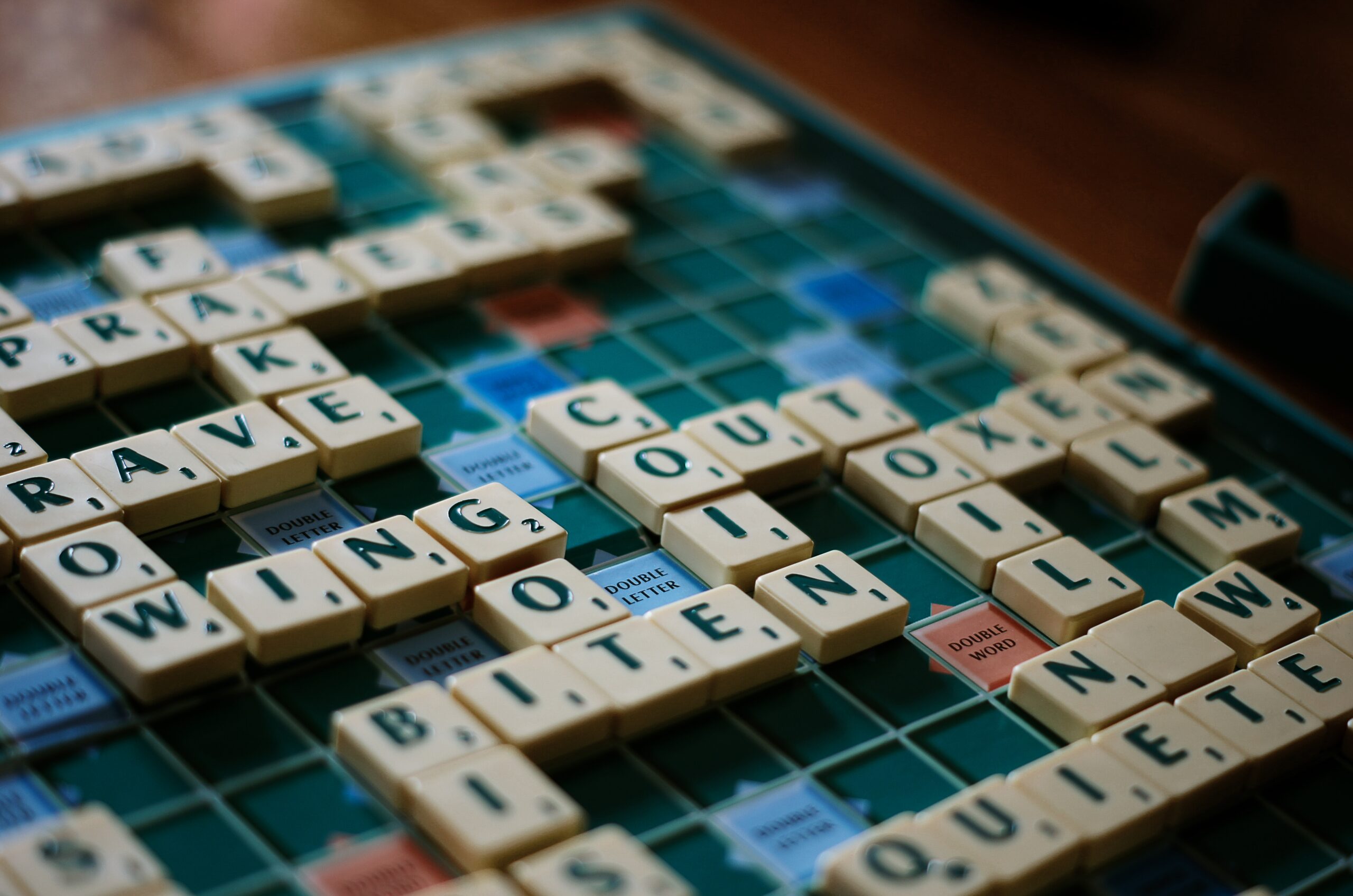The Greatest Board Games That Became So Much More
Board games have always been more than just a way to pass the time. They carry nostalgia, spark rivalry, and bring people together across generations. Some titles, however, have leapt far beyond the tabletop, embedding themselves into culture, media, and even digital spaces.
Let’s take a look at a few of the greatest games that didn’t just sell millions, but truly became something larger than the cardboard and tokens they started with.
It’s impossible to talk about iconic board games without starting with Monopoly. Introduced in 1935, it’s sold over 275 million copies and is still a fixture of family game nights worldwide. What’s truly fascinating is its versatility, with over 1,500 themed editions, there’s a version for practically every fandom under the sun, from Star Wars to Space Jam.
Monopoly has been extremely versatile, with several versions of the game on a number of platforms, including every top casino online, showing just how adaptable this classic has become. Love it or hate it, the game has proven that no other board game captures the thrill (and sometimes frustration) of competition quite the same way.
Another titan of the board game world is Chess, with a legacy stretching back centuries. It’s not only a bestseller, but also a recognised sport, complete with international tournaments, grandmasters, and streaming audiences numbering in the millions.
From Netflix dramas like The Queen’s Gambit to digital apps that let you square off against opponents across the globe, Chess continues to reinvent itself while staying true to its roots. What’s truly remarkable is the strategic depth that few games can claim, which has kept it alive for over 800 years. It’s a game that commands respect and awe.
Scrabble deserves a place on this list for turning words into an arena of creativity and competition. Since its release in 1938, over 150 million sets have been sold. What makes Scrabble so enduring is its blend of vocabulary flexing and strategic placement.
It’s no longer just about wooden tiles on a board, either. Online play and mobile apps have transformed Scrabble into a daily challenge for millions, while competitive tournaments showcase just how intense a game of words can become. Its enduring appeal is a testament to its timeless charm.
If you’re in the mood for mystery, Clue (known as Cluedo in some countries) has been captivating players since 1949. With more than 150 million sets sold, the whodunit game has inspired movies, stage adaptations, and endless cultural references.
The mix of deduction and storytelling is timeless, and it’s no surprise that Clue has remained a favourite across generations. The fun of accusing a friend of wielding the candlestick in the library has never really gone out of style.
And then there’s Battleship, the naval strategy game that first surfaced in 1931. Originally a pen-and-paper activity, it became a physical board game and eventually inspired video games and even a Hollywood movie.
Its straightforward premise of sinking your opponent’s fleet is easy to grasp, yet tense enough to keep players hooked. That combination of accessibility and suspense has made it a lasting hit.
What all these titles share is their ability to evolve. They’ve expanded into digital platforms, inspired adaptations, and even entered mainstream culture in unexpected ways. More than just games, they’ve become experiences that connect generations and continue to reinvent what play can mean.


